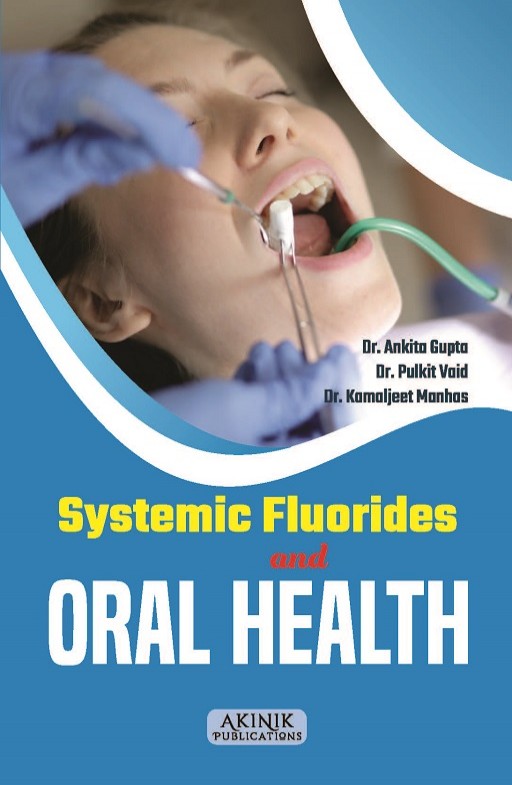Dental caries, which affects children, adults including the elderly, continues to be the most prevalent chronic disease worldwide and constitutes a major global public health challenge.
Dental caries can be prevented, managed or treated in its initial non-cavitated stage, through the adoption of evidence-based measures such as: avoiding unhealthy diets like sugary foods and drinks, implementing good oral hygiene habits, which include regular removal of oral biofilm from tooth surfaces and appropriate use of fluorides.
Fluoride ions in low concentrations at the tooth surfaces are essential to avoid, slow down or stop demineralization and to enhance remineralization of tooth tissue.
The discovery during the first half of the 20th century of the link between natural fluoride, adjusted fluoride levels in drinking water and reduced dental caries prevalence proved to be a stimulus for worldwide on-going research into the role of fluoride in improving oral health.
Major advances in our knowledge of how fluoride impacts the caries process have led to the development, assessment of effectiveness and promotion of other fluoride vehicles including salt, milk, tablets, toothpaste, gels and varnishes. In 1993, the World Health Organization convened an Expert Committee to provide authoritative information on the role of fluorides in the promotion of oral health throughout the world (WHO TRS 846, 1994). This present publication gives an insight of systemic fluorides and its impact in reducing the Dental caries prevalence.




